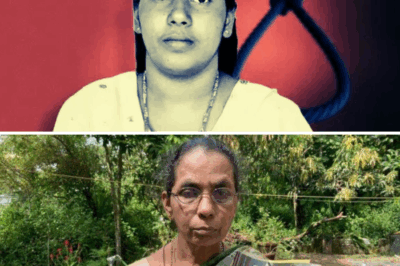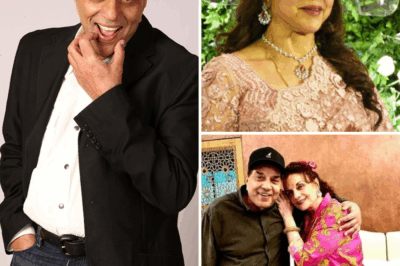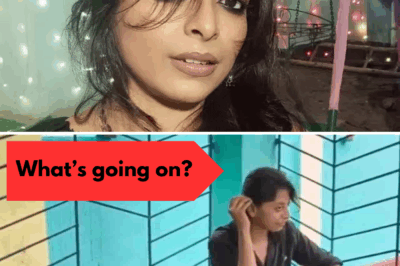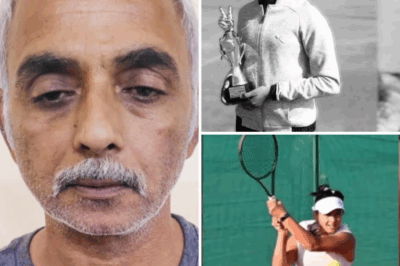In recent weeks, a seemingly small moment involving Bollywood actor Riteish Deshmukh has unexpectedly sparked a massive controversy, highlighting the ongoing tension between Marathi and Hindi languages in Maharashtra. What began as a brief interaction at a public event has turned into a nationwide discussion on language pride, identity, and the fine line between cultural respect and discrimination.
![[100+] Riteish Deshmukh Wallpapers | Wallpapers.com](https://wallpapers.com/images/featured/riteish-deshmukh-ruz84qp4wa5my1mw.jpg)
The story unfolded when Riteish, known for his charming and humorous personality, was approached by a paparazzi who asked him a question in Hindi. Before answering, Riteish paused and asked, “Are you Marathi or Hindi?” This simple query, captured on camera, quickly went viral across social media platforms, igniting sharp criticism and passionate debates.
The timing of this incident is critical. Maharashtra is currently witnessing heated disputes over the state government’s education policy, which proposes making Hindi the mandatory third language in schools from grades one through five. This move has provoked strong resistance from Marathi organizations and regional political parties who argue that Marathi, as the state’s mother tongue, must be preserved and not overshadowed by Hindi. They fear this policy will erode Marathi culture and identity over time.
Street protests erupted, with demonstrators carrying placards and chanting slogans demanding the government retract the decision. What started as a political controversy soon spilled into public discourse and reached Bollywood, where many actors voiced balanced opinions emphasizing respect for all languages and the importance of diversity in education.

However, Riteish Deshmukh’s comment was perceived by many as more than just a casual remark. Critics accused him of promoting linguistic superiority and fueling Marathi-Hindi tensions. Social media users debated whether his question was an innocent joke or an insensitive act that deepened a sensitive divide. Some saw it as an unnecessary test of language identity, while others believed it reflected a growing trend of linguistic intolerance.
Riteish, son of former Maharashtra Chief Minister Vilasrao Deshmukh, has a reputation as a lighthearted, family-oriented figure who avoids controversies. His fans admire him for his humor and humility, as well as his bilingual acting career spanning Marathi and Hindi films. But this time, the viral clip exposed the complex emotions surrounding language politics in Maharashtra.
Adding to the controversy are echoes of earlier incidents where language was used as a tool for exclusion—such as a viral video of a woman reprimanding a pizza delivery boy for not speaking Marathi, suggesting he wouldn’t get paid otherwise. These events have stirred worries about increasing societal divisions based on language.
Political leaders like Uddhav Thackeray and Raj Thackeray have united to oppose the Hindi imposition, declaring Marathi the supreme language of the state. Bollywood stars like Ajay Devgn and Sonu Sood have called for mutual respect among languages, urging unity rather than division. Meanwhile, Riteish’s viral moment has become a lightning rod for debates on language pride, intolerance, and the responsibilities of public figures.
The backlash against Riteish has been intense. Social media trends demanding boycotts of his films emerged, and memes portraying him as a “language inspector” circulated widely. Though the tone of these memes was humorous, the underlying frustration was palpable, reflecting the deep sensitivity around language and identity in Maharashtra.
Experts suggest that in such charged environments, public figures must choose their words carefully, as even lighthearted remarks can be misunderstood or weaponized in political and social debates. Riteish has yet to publicly respond to the uproar, but insiders say his comment was meant in jest, not as an attack on any language or community.
This incident has also sparked a broader question: Are non-Marathi speakers feeling increasingly marginalized in Maharashtra? Are linguistic identities creating barriers to open dialogue? As language becomes a marker of belonging, concerns grow over possible social fragmentation.
The debate continues as Maharashtra grapples with its cultural identity in a multilingual nation. Riteish Deshmukh’s brief interaction reminds us how language, often taken for granted, holds profound emotional and political power. It calls on all of us—citizens, leaders, and artists—to navigate this landscape with sensitivity, respect, and a commitment to unity.
Will Riteish clarify his intentions and help calm the storm? Or will this moment define a new chapter in Maharashtra’s ongoing language debate? The answer remains with the public, who must decide whether to view this episode as a simple joke or a reflection of deeper divides.
News
A Mother Beyond Blood: Mahhi Vij Opens Up About Raising Khushi and Rajveer Like Her Own Ask ChatGPT
Sometimes, it’s not blood that defines family, but love, compassion, and the willingness to open your heart when it’s least…
The Nurse Facing Execution in Yemen: Nimisha Priya’s Fight for Life and Justice
Nimisha Priya’s story is one that shakes the soul—a tale of courage, desperation, and the harsh realities faced by many…
At 90, Dharmendra Finds Solace in Farming Away From Family: A Look Into His Peaceful Farmhouse Life
At 90 years old, Bollywood legend Dharmendra has chosen a life far removed from the hustle and bustle of Mumbai’s…
New Love or Just Lights, Camera, Action? Rumors Swirl as Shefali Bagga and Faisu Spark Dating Buzz
Social media has been buzzing with speculation, curiosity, and a fair bit of confusion after internet star Faisal Shaikh—better known…
Once a Star, Now Forgotten: Beloved TV Actress Found Disoriented on Streets of Bengal
In a heartbreaking twist of fate, a once-famous face from Bengali television and film has resurfaced under circumstances that have…
A Father’s Confession: The Shocking Truth Behind Radhika Yadav’s Murder
When the news broke that 25-year-old tennis prodigy Radhika Yadav had been killed by her own father, the nation reeled…
End of content
No more pages to load












